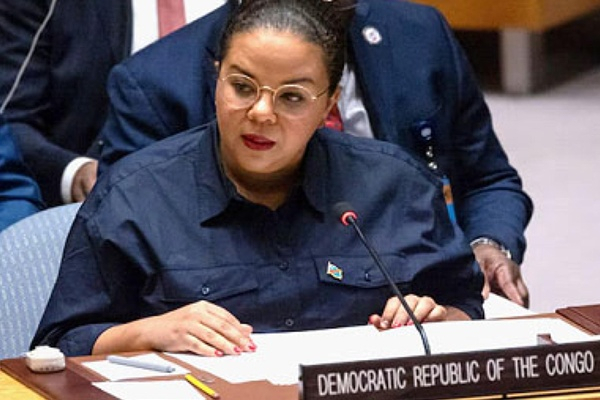On June 3, 2025, the Democratic Republic of the Congo (DRC) was elected as a non-permanent member of the United Nations Security Council for the 2026-2027 term, securing 183 out of 193 votes at the General Assembly. Foreign Minister Thérèse Kayikwamba Wagner announced the news from UN headquarters in New York, calling it “a reflection of the international community’s confidence in our country and of African unity in the search for peace.”
This marks the DRC’s third term on the Council, following previous mandates in 1982-1983 and 1990-1991, and comes at a time of heightened regional tensions and renewed diplomatic ambition. Kayikwamba Wagner said her country will leverage the position to “carry Africa’s voice in talks regarding armed conflict, state sovereignty and international justice.” The election coincides with ongoing US-facilitated talks in Doha aimed at resolving the conflict in eastern DRC involving the M23 rebellion and Rwanda.
President Félix Tshisekedi called the election “a historic opportunity to make DRC’s security and development priorities heard.” The mandate also aligns with the DRC’s efforts to reposition itself economically, notably through advanced negotiations with the US on a strategic minerals supply chain agreement. The deal aims to secure US access to critical resources, such as cobalt, lithium, and coltan, while ensuring better remuneration and transparency for the DRC.
Sources close to the matter said the partnership would guarantee traceability and investment in local processing, reinforcing the DRC’s push for leadership in mining sovereignty and the energy transition.
The DRC’s Security Council agenda includes reforming peacekeeping, fighting impunity, and boosting African participation in global security governance. “We want to make the Security Council a more representative, fairer, and more attentive space for African emergencies,” said Congolese Foreign Minister Thérèse Kayikwamba Wagner.
With this election, the DRC joins the ranks of states able to directly influence global decisions on peace, sanctions, and intervention—an opportunity Kinshasa intends to use to strengthen both its regional standing and economic interests.
The new position enables the Central African nation to directly influence global decisions on peace, sanctions, and intervention—an opportunity Kinshasa intends to use to strengthen both its regional standing and economic interests.
This article was initially published in French by Ronsard Luabeya (intern)
Edited in English by Ola Schad Akinocho










